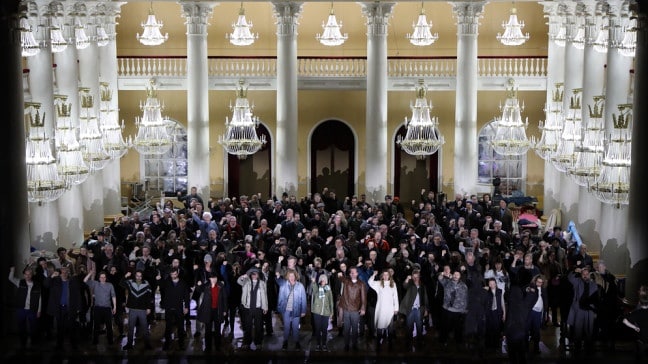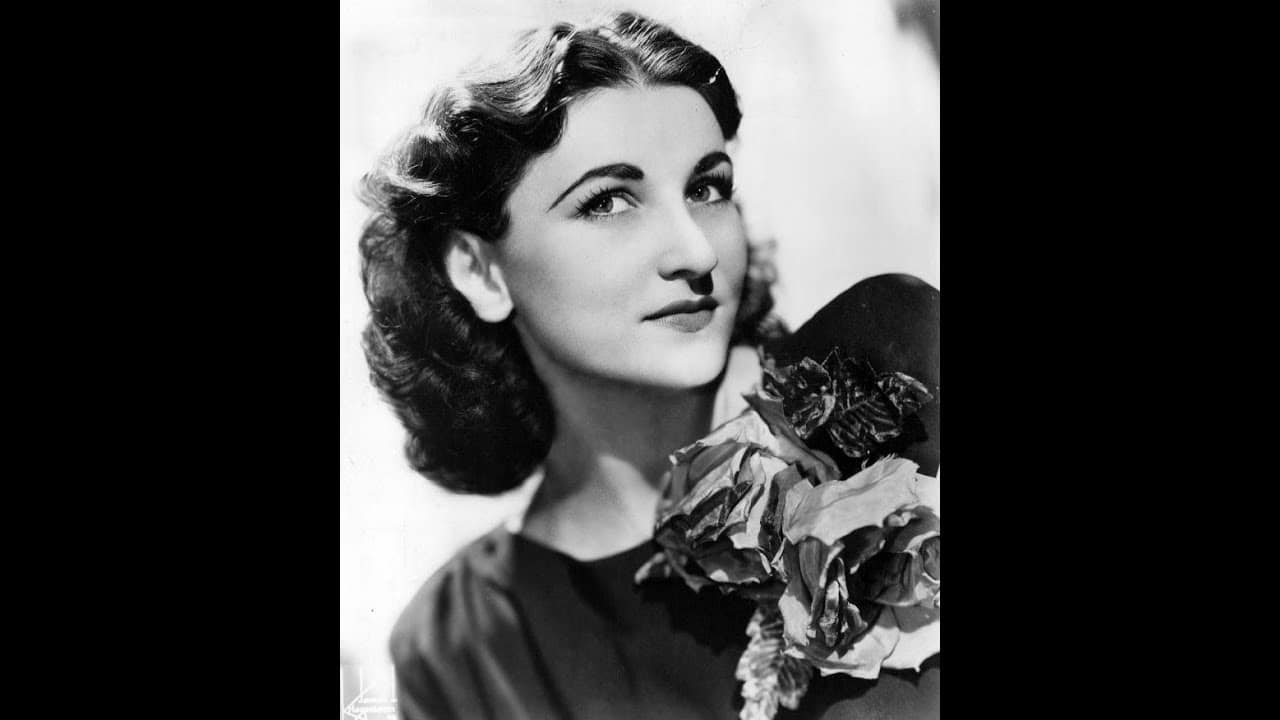‘We defend holy Russia’ – at Bavarian State Opera
OperaThey are walking on broken glass in Munich with a new production of Prokofiev’s War and Peace, staged to coincide with the 70th anniversary of the composer’s death, and Joseph Stalin’s.
One audience member shouted ‘war propaganda – this is impossible!’
The director, Dmitri Tcherniakov, said he had resisted contemporising the work to reflect the present war in Ukraine. ‘That would be wrong, even cynical,’ he said. ‘We try to approach this issue very sensitively. But of course it has something to do with it.’
The stage-set resembles the Hall of Trade Unions in Moscow.
Music director Vladimir Jurowski said: ‘The drama is told from the perspective of a single society, a nation, a human community. Enemies, if there are any, are found or invented within that society. There is no enemy from outside.’
photo: Wilfried Hösl/Bavarian State Opera






Comments